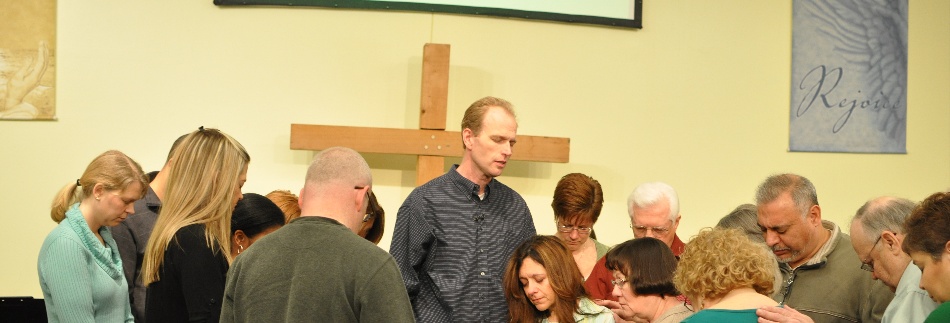
Image from Horizon Community Church horizoncc.org
Original source unknown
I’m combining two days’ choices of songs from Sing Praise in one post, because both are very short, both are by the same composer (John Bell) and both are intended as ‘intercession responses’ to be used between each section of prayers in public or group worship.
The words are short enough to be reproduced in full: the first, which I chose for Sunday 12th December, is ‘Lord, hear our cry / Listen to our prayer’. It could be used with everyone singing those words, but the suggestion is that the cantor (worship leader, or whoever is reading the prayers) sings the first part, with everyone else responding ‘Listen to our prayer’. Or it could be used in open prayer, where anyone who has been praying from the heart (the best form of prayer!) using ‘Lord hear our cry’ as a signal for others to respond.
The second one, which I chose for the 13th but which our own church music leader happened to pick for Sunday worship today, is ‘Through our lives and by our prayer, your kingdom come’. This one is in four part harmony so is more suited to being used by a rehearsed music group, although it could of course be sung in unison or by a single voice. Our vicar introduced the response to each section of the intercessions by saying ‘until your kingdom comes…’.
The reason such chants exist (and we will be using others for each of the next few days) is that prayer in church should be that of the whole people. Where some traditions including many Church of England congregations have a small rota of people speaking the prayers, a said or sung response to each prayer means that everyone can add their voice. It’s not surprising that the term ‘petition’ is sometimes used for these prayers that ask God to do something about a problem, as it is for when a large number of people sign a document asking a worldly authority to do the same. The difference is that God has promised always to take notice of our petitions, although his action in response, with his infinite knowledge of past, present and future, might not always be what we ask or expect.